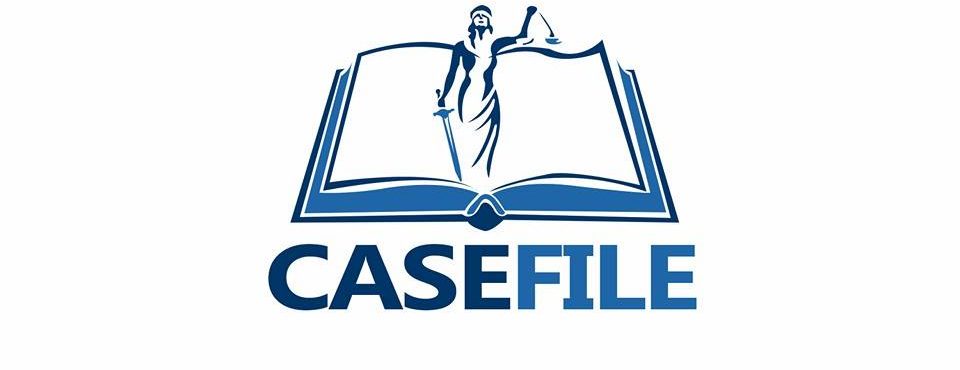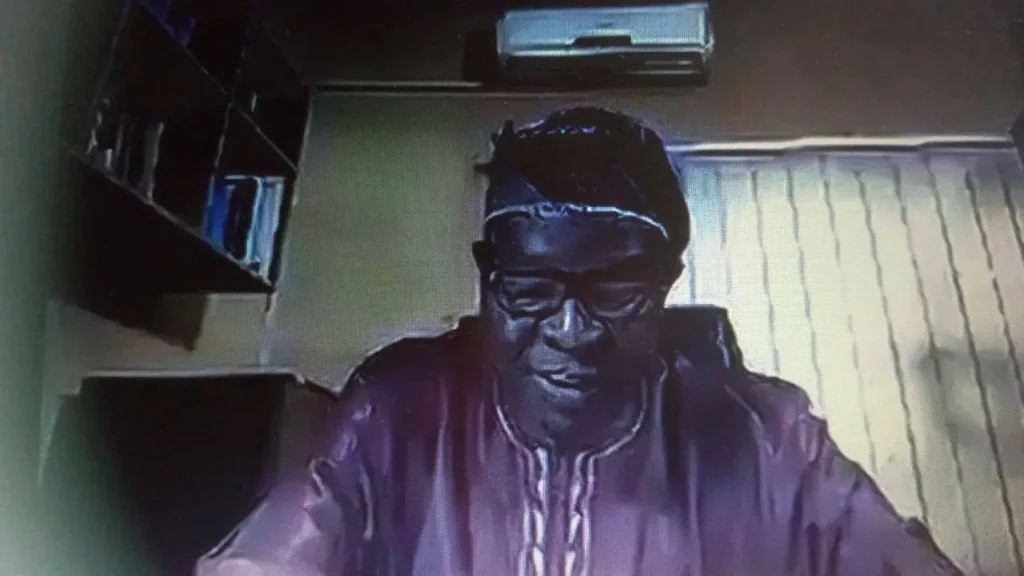The Centre for Media and Society, CEMESO, has urged citizens, the media, civil society organisations, and other stakeholders to report all attacks on freedom of expression and information through its latest intervention.
To this end, the Media and Expression Pulse dashboard, mediaexpressionpulse.org has gone live to project issues concerning stakeholders in the vanguard of democracy and democratic values.
The platform offers real-time insights into Freedom of Expression and Information, FOE and IE issues, and provides valuable resources for stakeholders that work to uphold rights to freedom of expression.
This was necessitated following the group’s monitoring of Freedom of Expression and Information, FOE&I trends in Nigeria during one-year crisis and conflict-prone periods.
IFEX partners CEMESO
At a recent webinar organised by CEMESO themed, “Convo on Insights from Real-Time Monitoring of FOE&I Trends in Crisis and Conflict Situations in Nigeria, and sponsored by IFEX, Dr. Akin Akingbulu, the Executive Director, disclosed that its monitoring efforts have brought to light numerous urgent issues affecting both citizens and organisations in recent months.
According to him, “These include incidents of arrests and detentions, harassment and attacks on journalists, censorship, blasphemy accusations, and restrictions on proof. Such actions are not isolated. They represent wider attempts to control and restrict the flow of information.
“Judicial actions and increasing regulations are also reshaping the landscape, impacting access to information and freedom of expression.
“Moreover, we are witnessing the rise in cyber-related cyber-attacks, fraud, and cyber-bullying that are coupled with deliberate disruptions, such as internet shutdowns, restrictions, and social media platforms.
“In today’s world, this is exposing threats not only to individual freedoms but also to the voices that aim to hold institutions accountable.
“It is essential to reflect on the broader political and economic context that shape these realities. Nigeria, a nation rich in diversity and potential, faces challenges that fundamentally affect the rights of its citizens.
“Social media has made critical public health a global platform for political discourse. With platforms like Facebook, Twitter, YouTube, and TikTok, people can share information, engage in public debates, and challenge traditional power structures. However, this same accessibility has led to increased scrutiny and attempts to curb its influence.
Dr. Akinbulu also noted, “On the economic front, Nigeria’s landscape is marked by a fluctuation, with high unemployment, inflation, and insecurity contributing to a volatile environment. During times of economics, dissenters, especially those critiquing economic policies or demanding better governance, are often met with increased suppression.
“Similarly, the political landscape, shaped by partisanship and the desire for control, drives certain actors to restrict freedom of expression and access to information.
“Despite constitutional protections, Nigeria’s fundamental rights, particularly freedom of expression and information, remain a threat. Journalists continue to face harassment, arrests, and attacks, especially during politically sensitive periods like elections. Legislations such as the Cybercrimes Act, intended to combat online crime, has instead often been used to stifle investigative journalism, leading to arrests and attacks on media professionals.
“Our monitoring has identified a range of actors involved in this trend. On one side, we see victims, activists, journalists, vulnerable groups, political parties, and other non-state actors, each playing with new challenges. On the other, we have influential players, including judiciary, media organisations, NGOs, security agencies, public intellectuals, and commentators.
A writer with CEMESO, Rotimi Akinola analysed data from the monitoring and stated that the media was the major victim during the reviewed period.
He noted that 27 journalists were attacked.
“Because most of these attacks were related to the EndBadGovernance protests, only 6% of the reports dealt with judicial action, not just judicial action, we’re talking about media-related court cases.
“Courts that involved media houses, involved juvenile police, and so on. So also regarding the poverty, we discovered that we were able to identify 27 unique cases, unique incidents, in which journalists were attacked. 27 journalists were attacked during the period that we were able to gather data.
“What we were able to gather with our tool, we were able to identify 27 journalists attacked in Nigeria during this period.
“These 27 journalists relate to their coverage of these protests. And then we have four other journalists who were attacked. The attacks are not related to the coverage of the protests.
“So who were those doing these attacks? Who were the actors carrying out these attacks? Security agencies were the biggest actors. They accounted for 61.1% of all these attacks. And most of these attacks were related to protests.
“And then we have non-state actors accounting for 33.3%. These non-state actors, we’re talking about terrorists, we’re talking about bandits, and we’re talking about hoodlums and thugs. And then we have other attacks that have to do with direct government actions. In the month of August 2024, all the attacks that are related to media and expression in the country, the media were the only victims identified in all these reports.”



